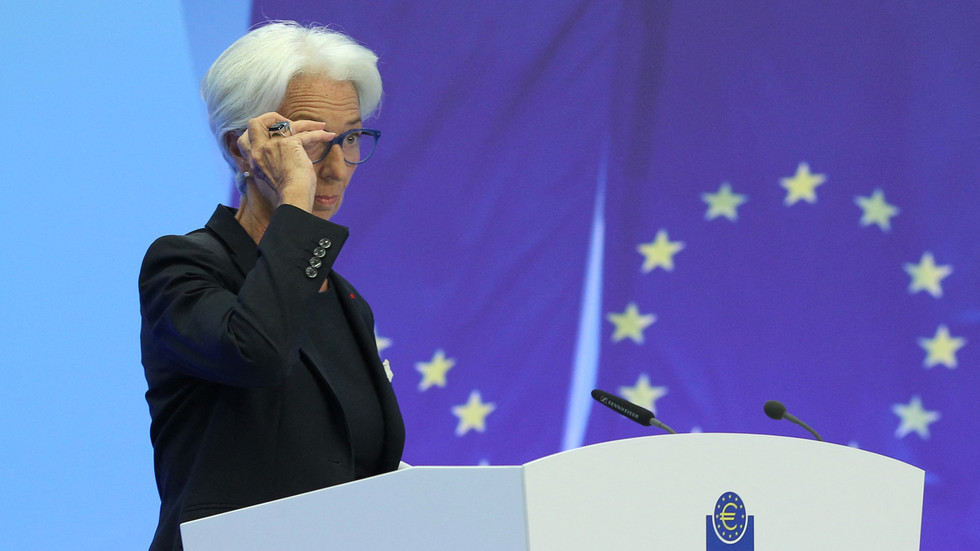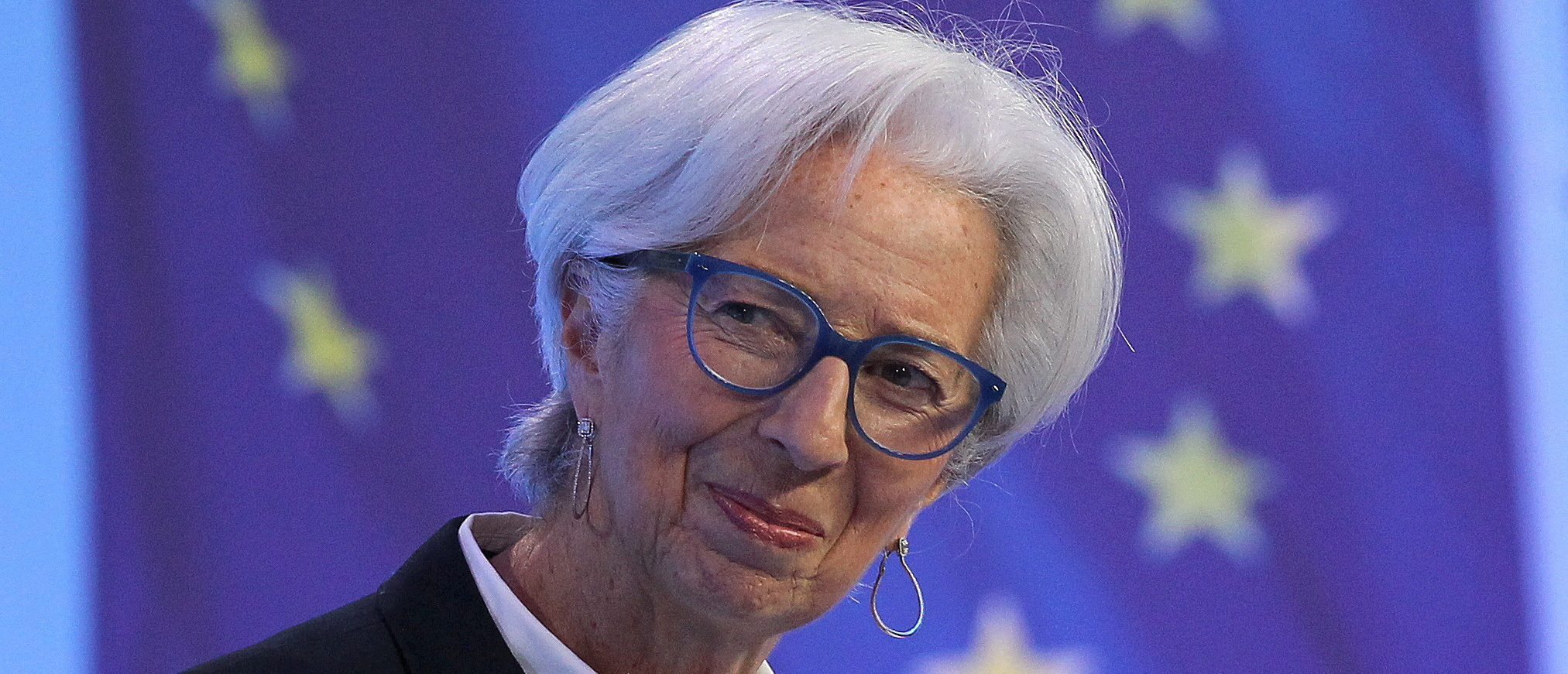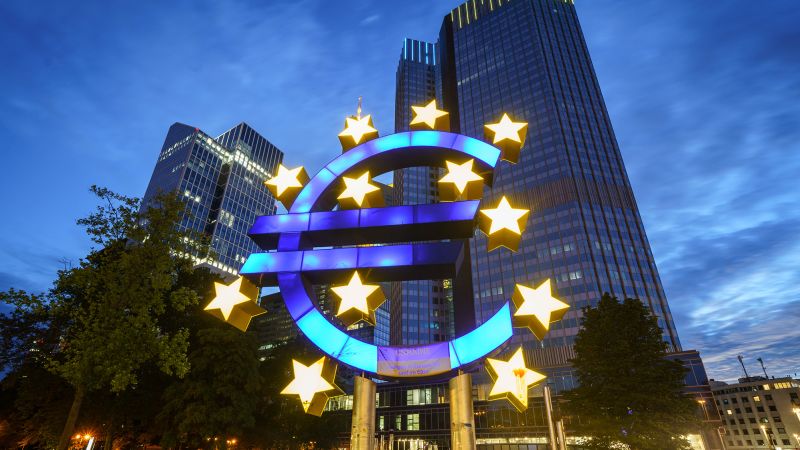European Central Bank Hikes Interest Rates 75 Basis Points
The Facts
On Thursday, the European Central Bank (ECB) – which governs monetary policy for the 19 countries that use the euro – raised its deposit rate by 75 basis points to 1.5%, its highest rate since 2009.
The ECB cited skyrocketing European inflation, which rose to 10% in September, for the hike. It also expects to "have further rate increases in the future" until inflation is brought down to its target level of 2%.
The Spin
Establishment-critical narrative
The ECB seems to be protecting its own reputation, not the economies of eurozone countries. While stronger economies like Germany may be able to weather rate hikes like this, more robust borrowers like Italy won't be able to sustain such measures. Slowing demand isn't the solution, so all the ECB is doing is pushing Europe toward a recession to save face.
Pro-establishment narrative
The ECB has already made immense progress on cooling borrowing, but there's more to be done. This third interest-rate increase will help combat the rising prices caused by energy, supply chain problems, and post-pandemic recovery issues.








